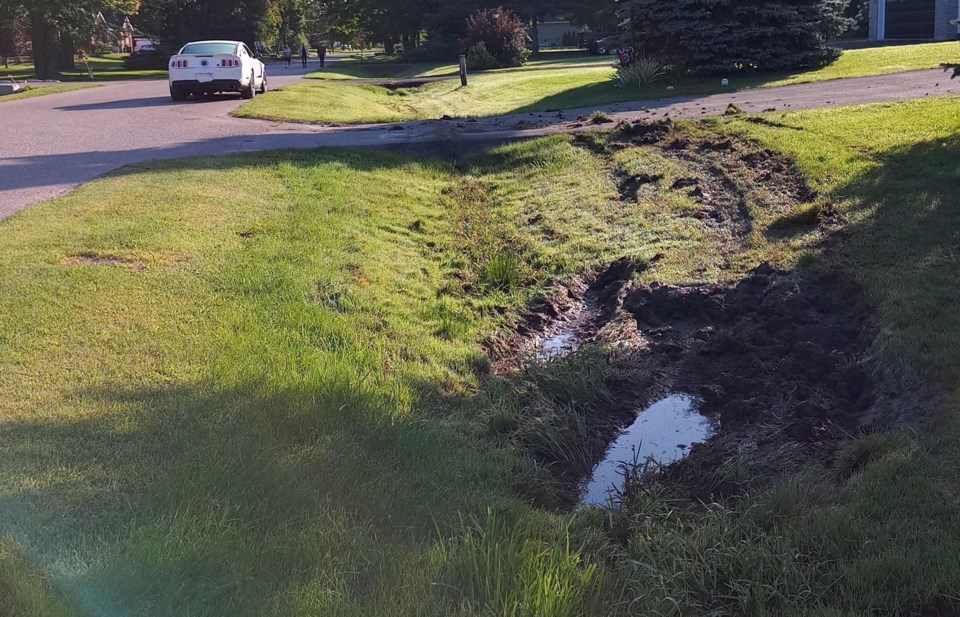OrilliaMatters welcomes letters to the editor at [email protected] or via our website. Please include your daytime phone number and address (for verification of authorship, not publication).
I am no stranger to the potential injury and death that can be created by speeding vehicles.
Less than a month ago on my street, a speeding vehicle lost control and went into the ditch. If walkers had been present, as is usually the case, the result could have been tragic.
Preventing speeding on urban streets is clearly a laudable mission, and will undoubtedly save lives.
I can understand the belief held by many that stop signs will control speed. On the face of it, it seems reasonable. Unfortunately, they do not. Numerous studies have confirmed this simple fact.
You can read for yourself a study from Cornell explaining why stop signs are not recommended for speed control.
If you won’t accept U.S. figures, then how about the City of Winnipeg’s study, ‘Over Use of Stop Signs — Is there a better way?’
I realize that it’s of no consolation but at least there appears to have been a decrease in traffic using Mary Street (2014 to 2021).
There is no question that speeding on residential streets must be stopped. The question is how. The supporters of stop signs to prevent speeding would do well to focus their attention on realistic ways of meeting their goal, such as visible speed cameras, speed humps or bumps, chicanes, chokers, lane narrowing, to name a few that are, unfortunately, expensive, but have been successful.
John Alden
Orillia



